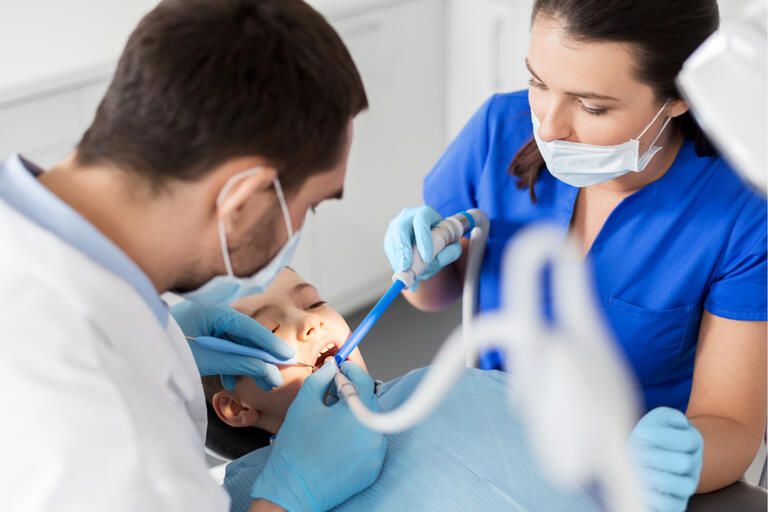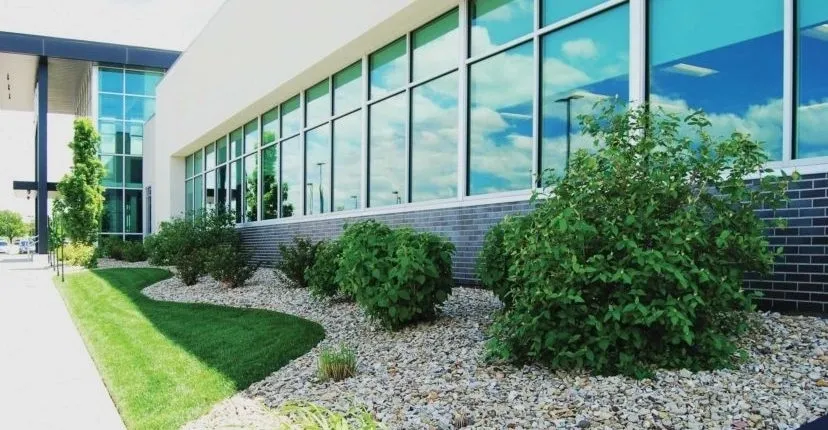
Introduction
A dental emergency can arise unexpectedly. Severe tooth pain, a broken tooth, or bleeding gums can all require urgent care. Being prepared can make all the difference in preventing potential complications and possibly save your tooth.
What Is a Dental Emergency
A dental emergency refers to any situation that arises that needs to be treated to relieve pain, stop bleeding, or avoid permanent damage. Conditions such as a knocked-out tooth, a deep infection, or swelling that compromises your airway need immediate attention.
Less serious problems, such as a small chip or mild pain, probably don’t require emergency treatment, but still need a dental visit promptly. If in doubt, you can call your dentist and explain your symptoms.
Common Dental Emergencies
In urgent care situations, you can book an appointment at the dental clinic in Woolloongabba for professional assistance. Here are the most common emergencies and what to do before you get to the clinic.
Lost Tooth
Do not touch the root; only the crown. Rinse under clean water; do not scrub. Reinsert the tooth in the socket and bite on a piece of gauze to hold it. If that does not work, put the tooth in milk or saliva. Get to the dentist as soon as possible. If treated within this time frame, the tooth can be saved.
Severe Tooth Pain
Rinse using warm salt water. If there is an ache, it is usually a sign of infection or tooth decay. Floss gently and salt water will help remove any trapped food. Place an ice pack to help with the swelling, and do not put any medicine on the gums as it will not help. The dentist will be able to help provide relief which will involve a filling or root canal.
Cracked Tooth
Sensitivity and pain can be caused by a cracked or chipped tooth. Rinse with warm water and to help with swelling, place an ice pack on the affected cheek. You will need to bring chipped or broken tooth pieces with you. Avoid chewing on that side of the mouth until treatment is complete.
Lost Filling or Crown
This situation may lead to sensitivity of the exposed tooth. Leave the area exposed to sit undisturbed, and avoid using tape, glue, or adhesive to keep the area closed. Schedule a dental appointment as soon as possible to replace the restoration.
Dental abscess
A dental abscess is an inflamed and painful blister on the gums. It contains pus and is a sign of a tooth infection that can metastasize. To relieve the pain, you can gently rinse with warm salt water, however, you should seek immediate dental care as the abscess may need a root canal and antibiotics to resolve the issue.
Managing Tooth Pain
Any tooth pain can be very disruptive. In the meantime, you can manage the pain with home care. Rinsing with warm salt water can be very soothing, and using a cold compress will reduce any swelling associated with the pain and the swelling. You can also take an appropriate dosage of any over-the-counter medication. Do not place any pills directly on the affected gums as that can lead to unwanted tissue damage. Avoid any very cold or very hot liquids and eat only soft foods. You will be more comfortable with these measures in place.
What NOT to Do
- Some actions can make dental emergencies worse. Avoid the following:
- Don’t use pins or other sharp implements to remove food stuck between teeth. Use floss.
- Avoid using heat. Treat swollen areas with cold compresses only.
- Don’t attempt to repair or re-cement a crown or glued broken tooth yourself.
- Ignoring bleeding, persistent pain, or delaying professional treatment is not advisable.
Preventing Dental Emergencies
Minimizing dental emergencies is reasonable with good oral hygiene practices and regular dental appointments. Brush your teeth twice a day, floss daily, and get professional cleanings every six months. Avoid hard food like ice and popcorn kernels that can fracture your teeth.
If you play contact sports, a custom-fitted mouthguard offers excellent protection. If you grind your teeth at night, consult your dentist about a nightguard solution. Early treatment of small dental problems stops them from becoming large painful emergencies that cannot be ignored.
Conclusion
Urgency and level-headedness are essential when handling dental emergencies. It could be a knocked-out tooth, a serious toothache, or even a swollen face; knowing how to respond will protect your smile and prevent serious, irreparable complications. Call your dentist for diagnosis and treatment after an emergency. Most dental emergencies are avoidable with proper routine care and preventive measures, and this will allow you to keep your smile happy and healthy.







